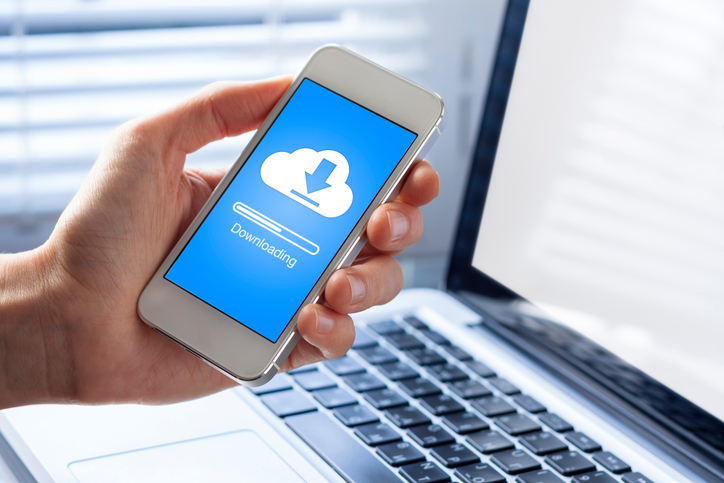
According to many experts, the Fourth Industrial Revolution is just around the corner. The world experienced its first industrial revolution in the 1800s when steam power and equipment for mechanical production was introduced. The Second Industrial Revolution took place in the late 19th and early 20th centuries, when electricity and mass production became commonplace. The Third Industrial Revolution, beginning in 1969, occurred when electronics and IT took the world by storm. Now in 2017, we are fast approaching what many believe to be another industrial revolution.
The Fourth Industrial Revolution will dramatically change many industries. With the invention and introduction of drones, the internet of things (IoT), and artificial intelligence (AI), professionals working in the healthcare and clinical industries might expect big changes over the coming years.
Are you curious to learn how the Fourth Industrial Revolution could impact your future career in clinical research? Read on.
Grads of Clinical Research Programs May See Clinical Trials Speed Up
Cloud computing, where information and databases are all stored in a remote network, could drastically change the way clinical trials are run. Even with computers existing in hospitals for quite some time, 67 per cent of clinical trials are still operating with paper. This slows progress down, leaving room for error and miscommunication.
The Fourth Industrial Revolution is expected to bring connectivity to clinical trials. Cloud-based systems would allow clinical trial participants and organizers to communicate seamlessly from a variety of devices. Professionals with a clinical research diploma could one day see progress updates, order supplies, view facilities, and more at just the touch of a button, right from their computer or smartphone.
Cloud computing could even be used to schedule appointments with participants in one centralized cloud-based database. This seamless connection is expected to expedite clinical research procedures, which could make your career in clinical research more organized and streamlined.

Cloud computing could improve communication and trial efficiency
Pros With a Clinical Research Diploma May One Day See the Influence of the IoT
The internet of things is drastically changing the way medical professionals and graduates of a clinical research program are receiving information from study participants. The IoT consists of devices and objects that are embedded with computing devices, and which can communicate through the internet.
In recent years, doctors and researchers have been taking advantage of the IoT by using wearable devices that report real-time health data about patients. For example, a researcher could use a blood pressure monitor that wirelessly reports real-time information about a patient’s conditions.
Introducing the IoT to clinical research could greatly improve accuracy, effectiveness, and speed. Clinical trial patients could wear or have devices implanted that would transmit health data to researchers. This data would be free of bias and would remove the painstaking process of recording a patient’s progress down on paper. Therefore, in addition to improving the accuracy of a clinical trial participant’s progress, the IoT could also greatly reduce costs and time spent recording feedback from participants.
Grads of Clinical Research Programs May See Increased Participation from Trial Patients
Smartphones are essential for most Canadians. In fact, 76 per cent of Canadians have a smartphone. So why aren’t organizers putting all these phones to good use? With the onset of the Fourth Industrial Revolution, experts believe that cell phones could play a pivotal role in how patients participate in clinical trials.
Jack Lawler, Head of Clinical Operations and Executive Director at the pharmaceutical company Egalet states that, “Collecting clinical trial data exclusively from investigators and at clinical trial sites alone is no longer cost effective or sufficient as these studies do not reflect real world situations.” He adds that “The conventional clinical trial setting is a sterile environment and data collected directly from the patients is a better reflection of what happens in the real world setting.”
Using smartphones in clinical trials would allow participants to report information about their progress, how they are feeling, and other important indicators on an ongoing basis. Smartphones could greatly reduce the amount of check-ins a participant needs. In turn this could reduce costs, provide greater accuracy, and expedite procedures.
Are you interested in enrolling in clinical research courses in Toronto?
Contact an advisor at AAPS today to get started!



